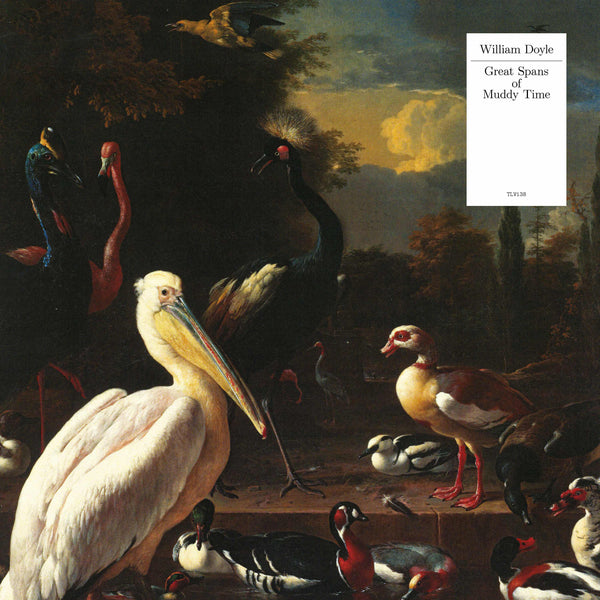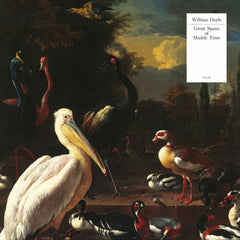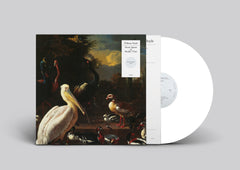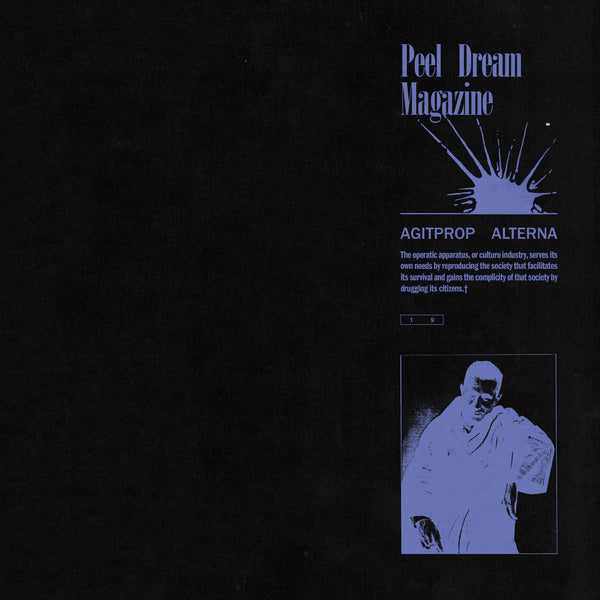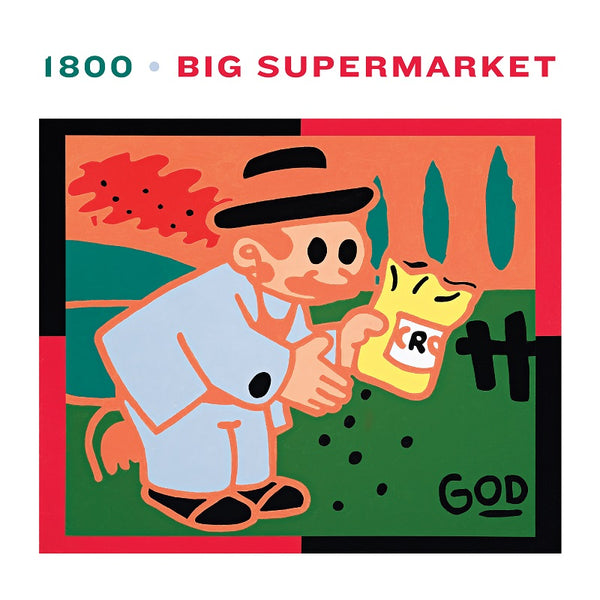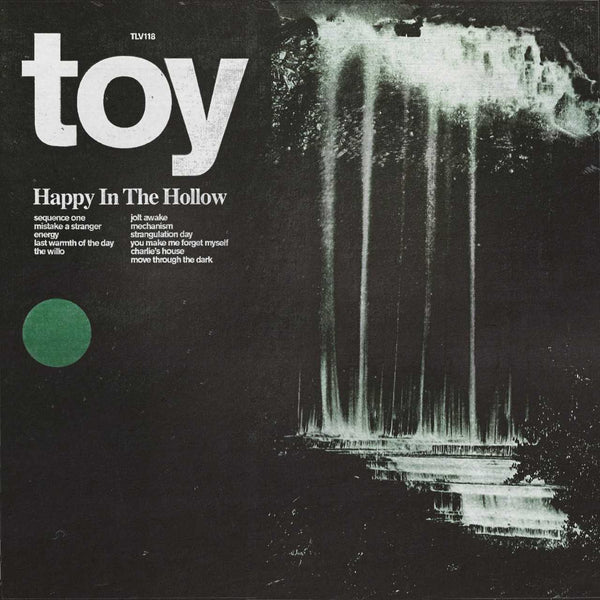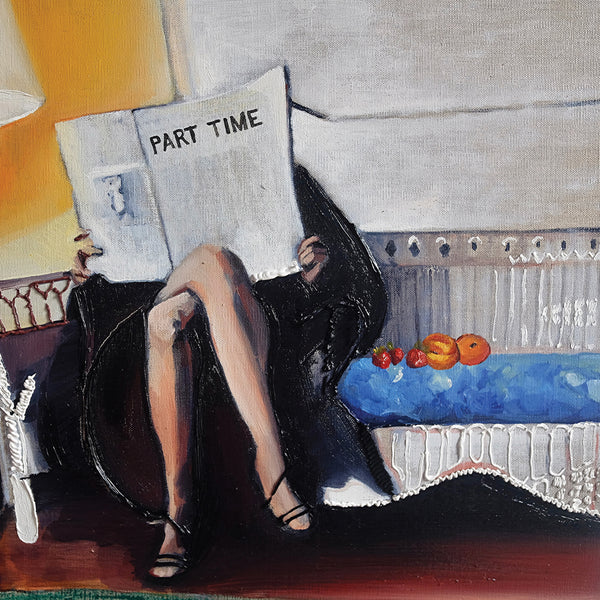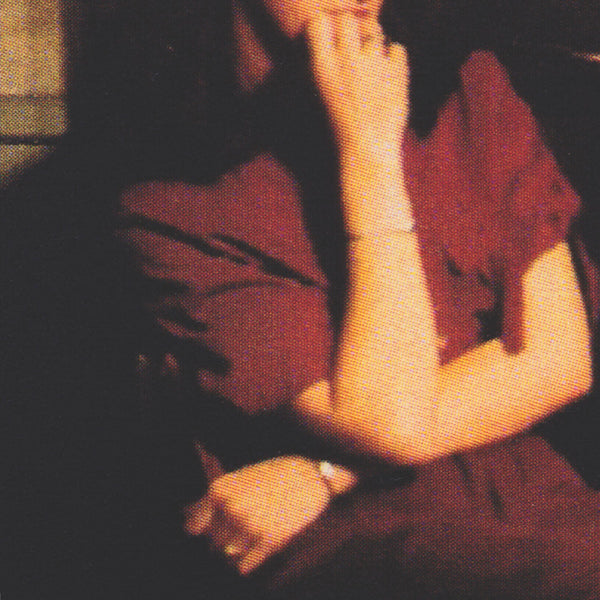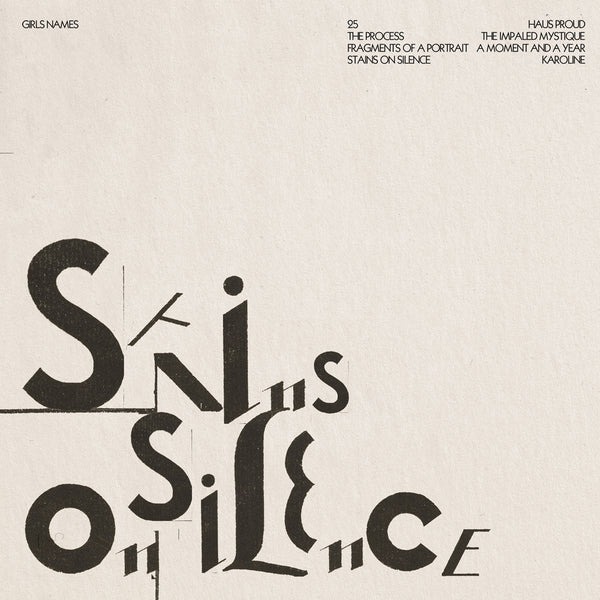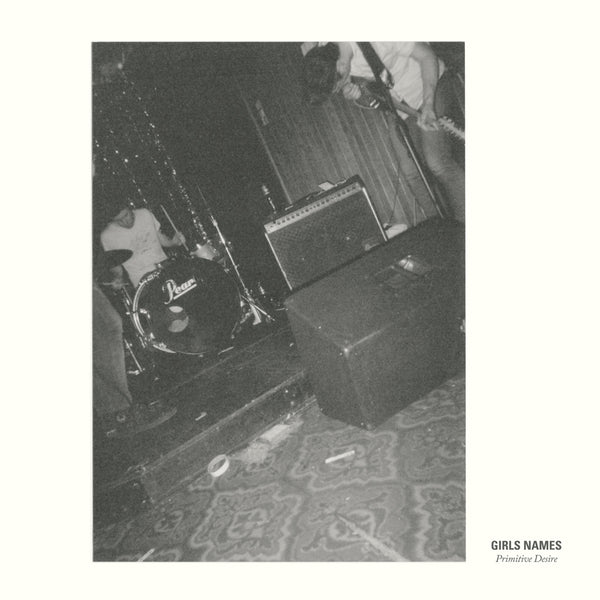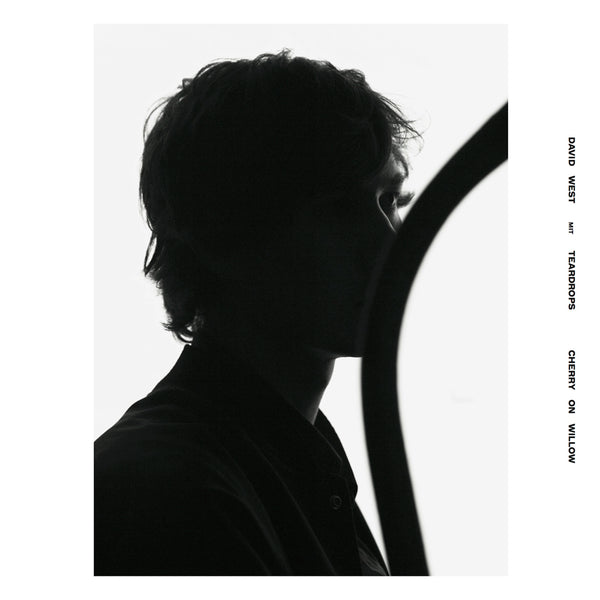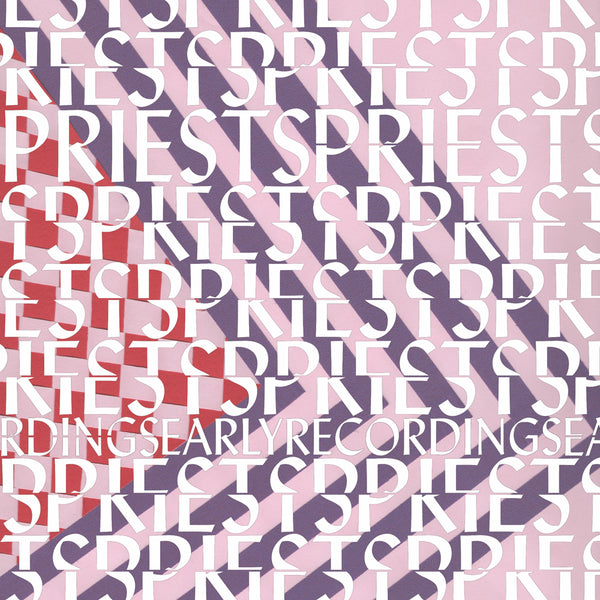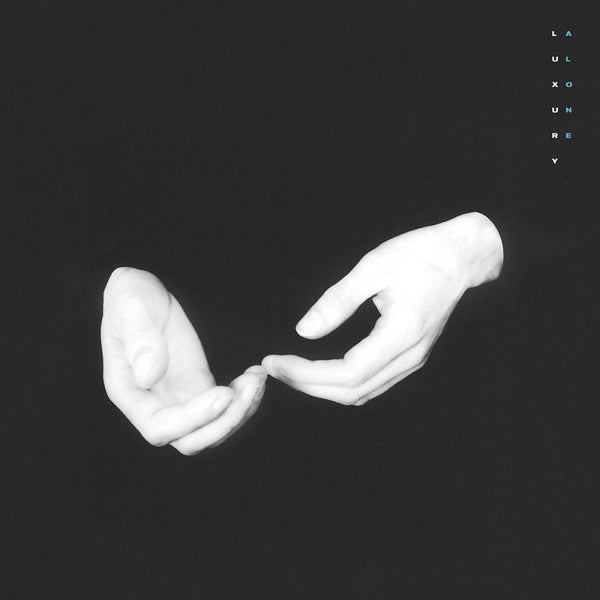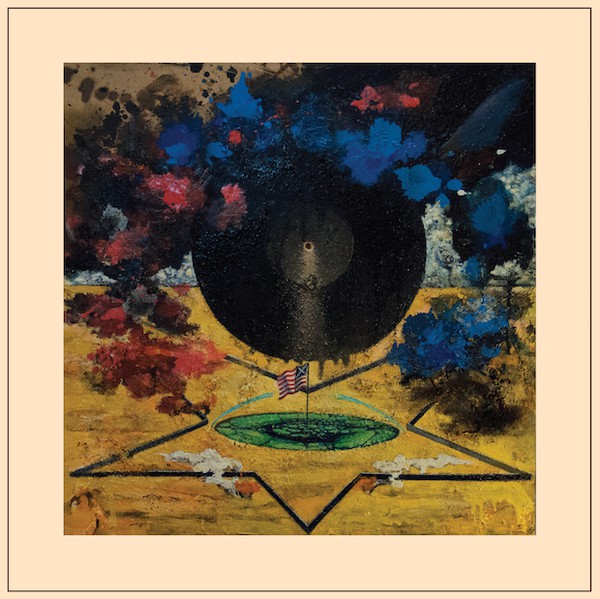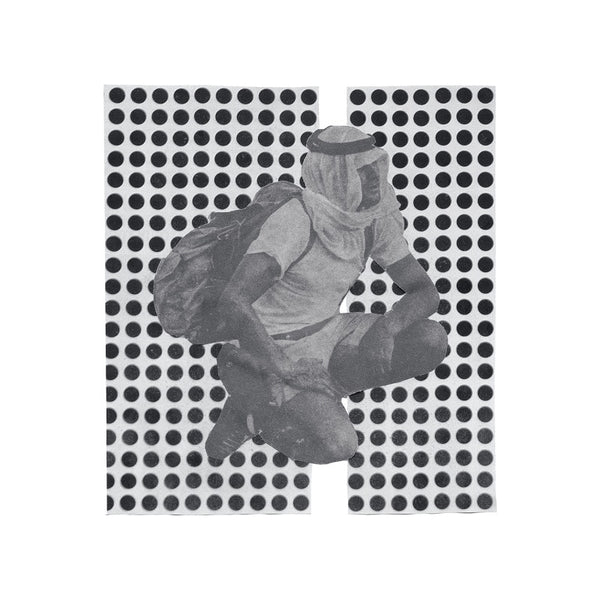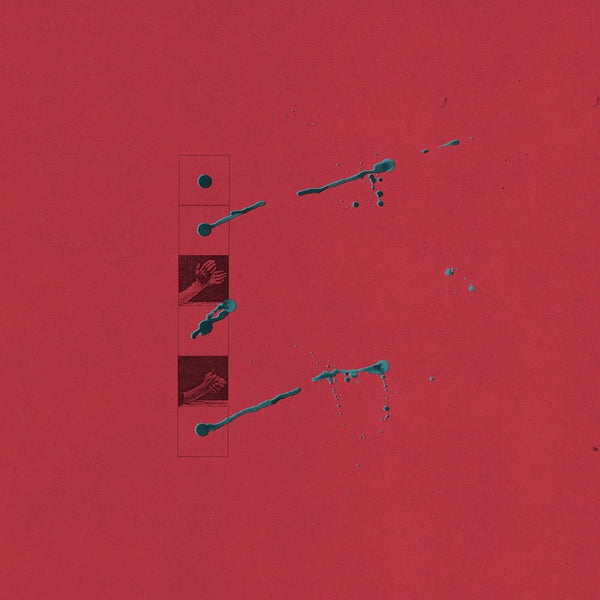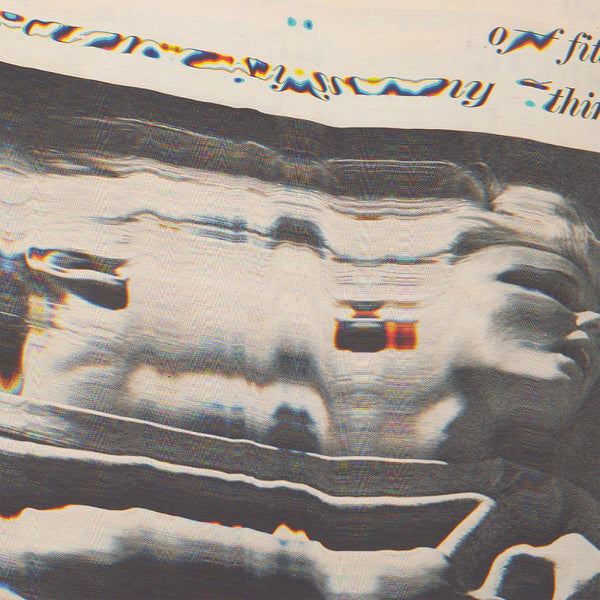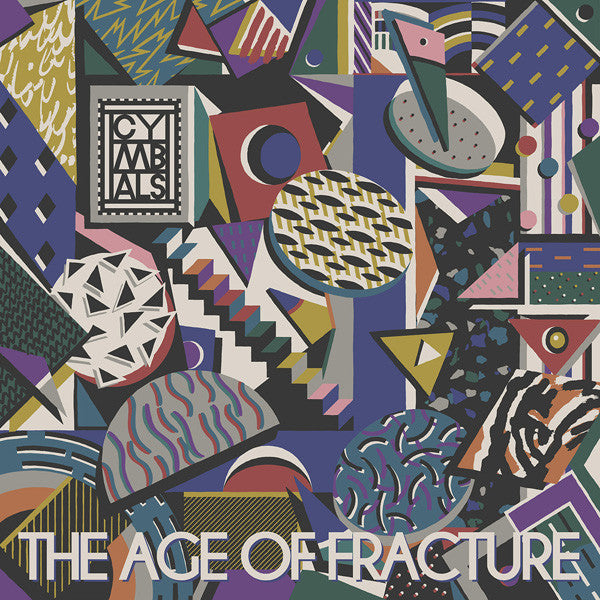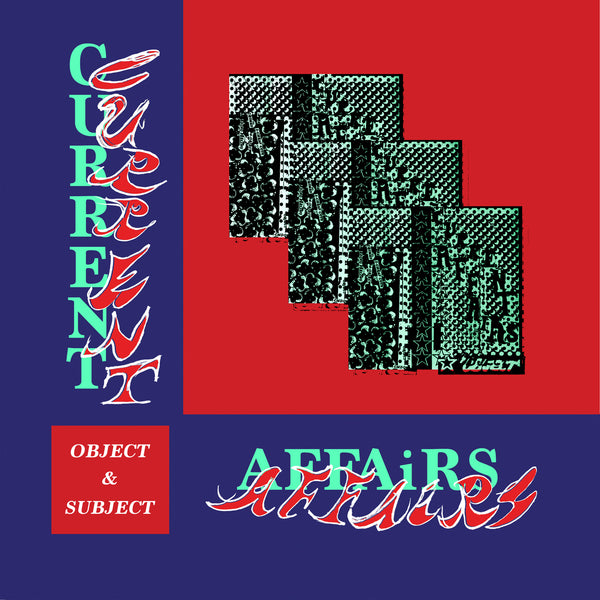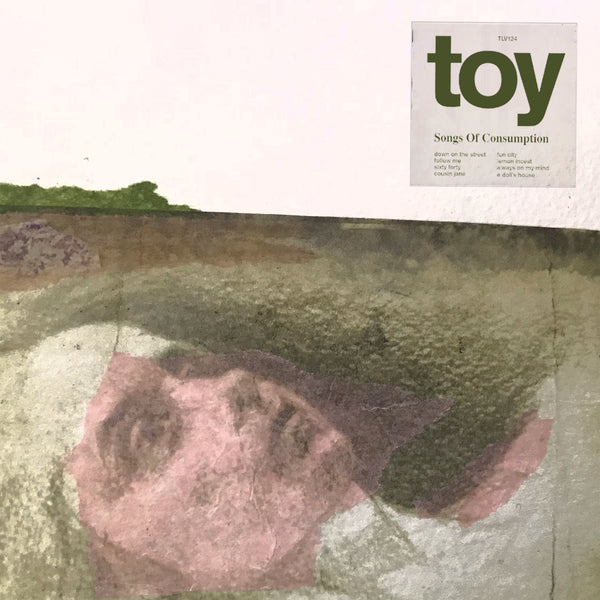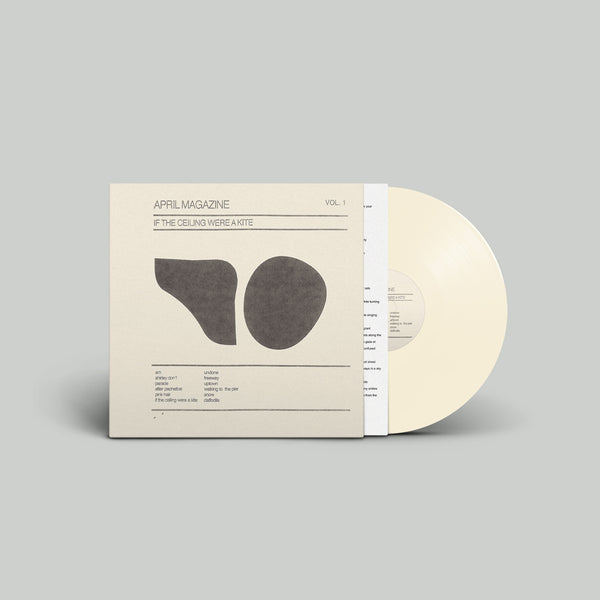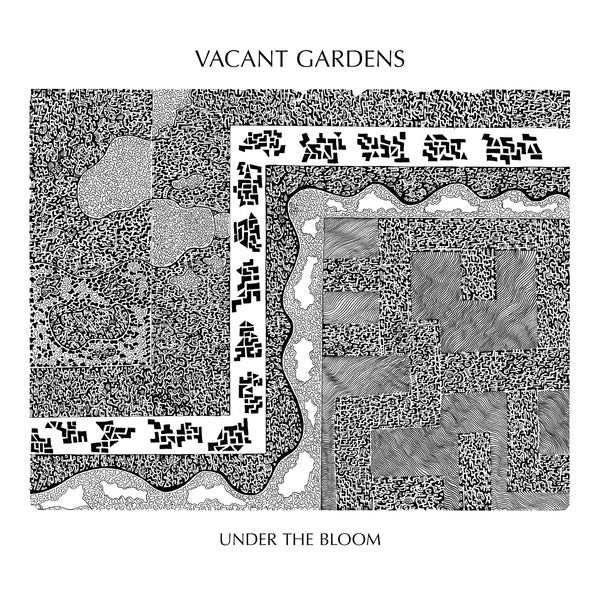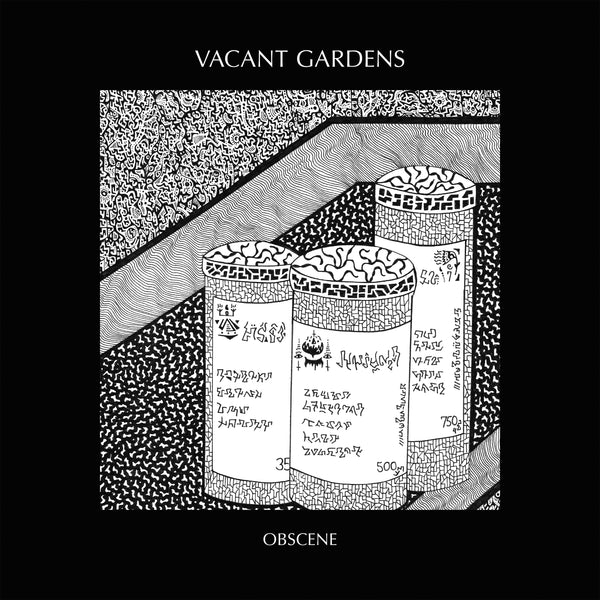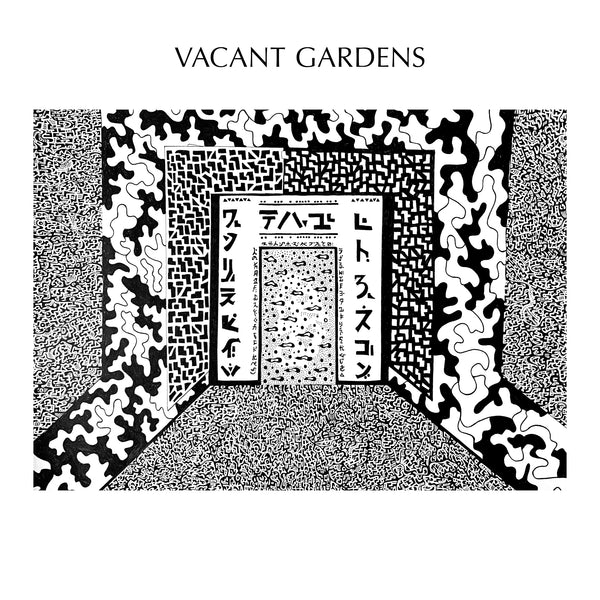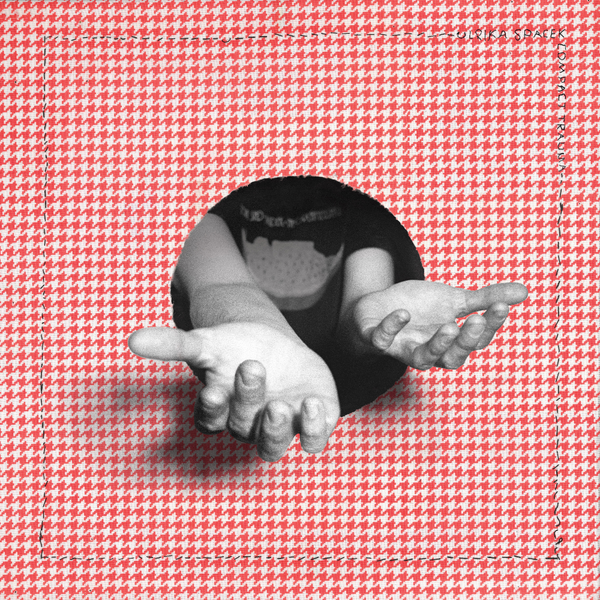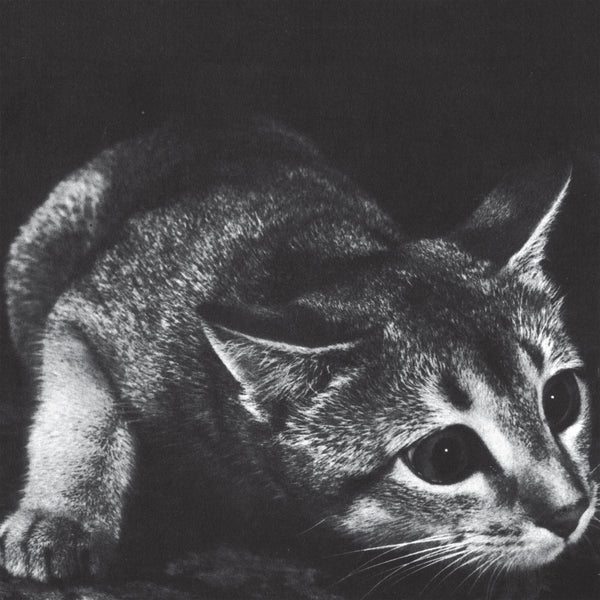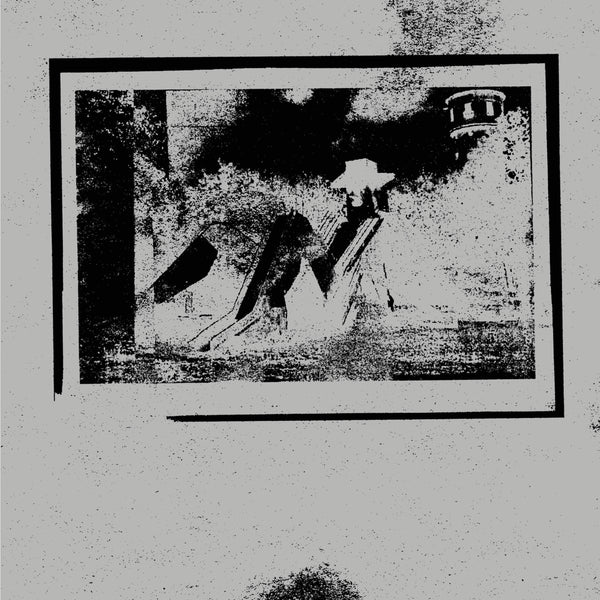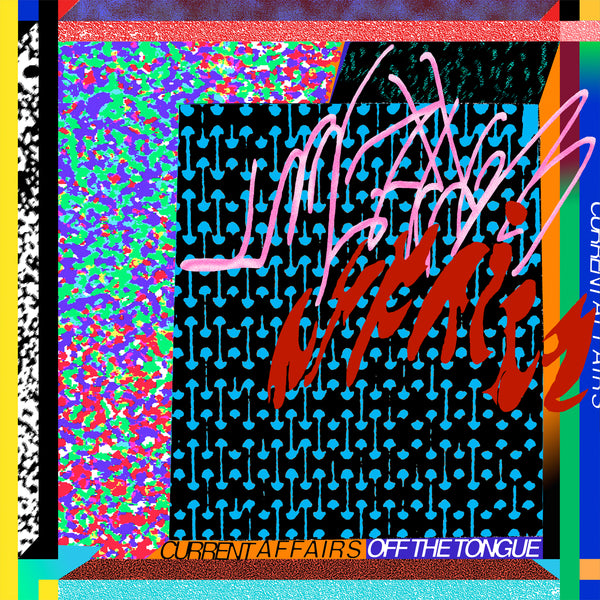William Doyle - Great Spans of Muddy Time
William Doyle - Great Spans of Muddy Time
CD & 'pelican white' vinyl
Release Date: 19th March 2021
Great Spans of Muddy Time is the fourth album from Mercury Music Prize nominated artist William Doyle, and the second under his own name (having dropped his earlier East India Youth moniker). Born from accident but driven forward by instinct, the album was built from the remains of a catastrophic hard-drive failure. With his work saved only to cassette tape, Doyle was forced to accept the recordings as they were – a sharp departure from his process on the previous record, 2019’s Your Wilderness Revisited, which he spent four long years honing toward perfection. (Line of Best Fit described it as “a dazzlingly beautiful triumph of intention” and Metro declared it an album not only of the year, but “of the century”.)
“It was liberating and felt like a nice tonic to how long the last album took and how much blood, sweat and tears went into it,” Doyle says of Great Spans. “Instead of feeling a loss that I could no longer craft these pieces into flawless ‘Works of Art’, I felt intensely liberated that they had been set free from my ceaseless tinkering.” These unedited, often improvised pieces, free from fine-tuning, plunged him into uncharted waters. What remains is Doyle’s unique exploration of pop, art-rock, ambient and idiosyncratic compositions, married with a voice that deftly glides from tender restraint to soaring peaks, but its expression is rawer and less polished now.
Lead single “And Everything Changed (But I Feel Alright)” is representative of the album as a whole: eclectic and unpredictable, but also playful and properly danceable. On top of the gently pulsing electronics, soothing harmonies and glowing melodies, there’s a ripping guitar solo that ricochets around the song like a pinball. “I wanted to get back into the craft of writing individual songs rather than being concerned with overarching concepts,” Doyle says. Elsewhere there’s the synth pop strut of “Nothing At All”, pulsating static on “Semi-Bionic”, incandescent synths and enveloping soundscapes in “Who Cares”, and the ambient glitch groove of “New Uncertainties”.
“The album this turned out to be – and that I’ve wanted to make for ages – is a kind of Englishman-gone-mad, scrambling around the verdancy of the country’s pastures looking for some sense,” says Doyle. “It has its seeds in Robert Wyatt, early Eno, Robyn Hitchcock, and Syd Barrett.” Doyle credits Bowie’s ever-influential Berlin trilogy, but also highlights a much less expected muse: Monty Don, presenter of the BBC programme Gardener’s World, Doyle’s lockdown addiction.
“I became obsessed with Monty Don. I like his manner and there's something about him I relate to. He once described periods of depression in his life as consisting of ‘nothing but great spans of muddy time’. When I read that quote I knew it would be the title of this record,” Doyle says. “Something about the sludgy mulch of the album’s darker moments, and its feel of perpetual autumnal evening, seemed to fit so well with those words. I would also be lying if I said it didn’t chime with my mental health experiences as well.”
Fittingly, the album’s artwork also appeared fully formed, like manna from heaven. While searching the archive of the Rijksmuseum in Amsterdam, something caught Doyle’s eye. “I saw this painting which was totally, completely different to what I had been looking for,” he says of Melchior d'Hondecoeter’s 17th century scene of water birds. “I had such a visceral reaction to it. I carried on searching for weeks, but kept coming back to this one. Picking the artwork has mirrored the whole process: trying so hard to make the perfect thing when really it was just sitting there the whole time. It gave the record its identity and solidified it.”
Great Spans of Muddy Time is a beautiful ode to the power of accident, instinct and intuition. The result, however, is far from an anomaly: this celebration of the imperfect album is one that required years of honed craft and dedicated focus to achieve, “For the first time in my career, the distance between what I hear and what the listener hears is paper-thin,” Doyle says. “Perhaps therein reveals a deeper truth that the perfectionist brain can often dissolve.”

